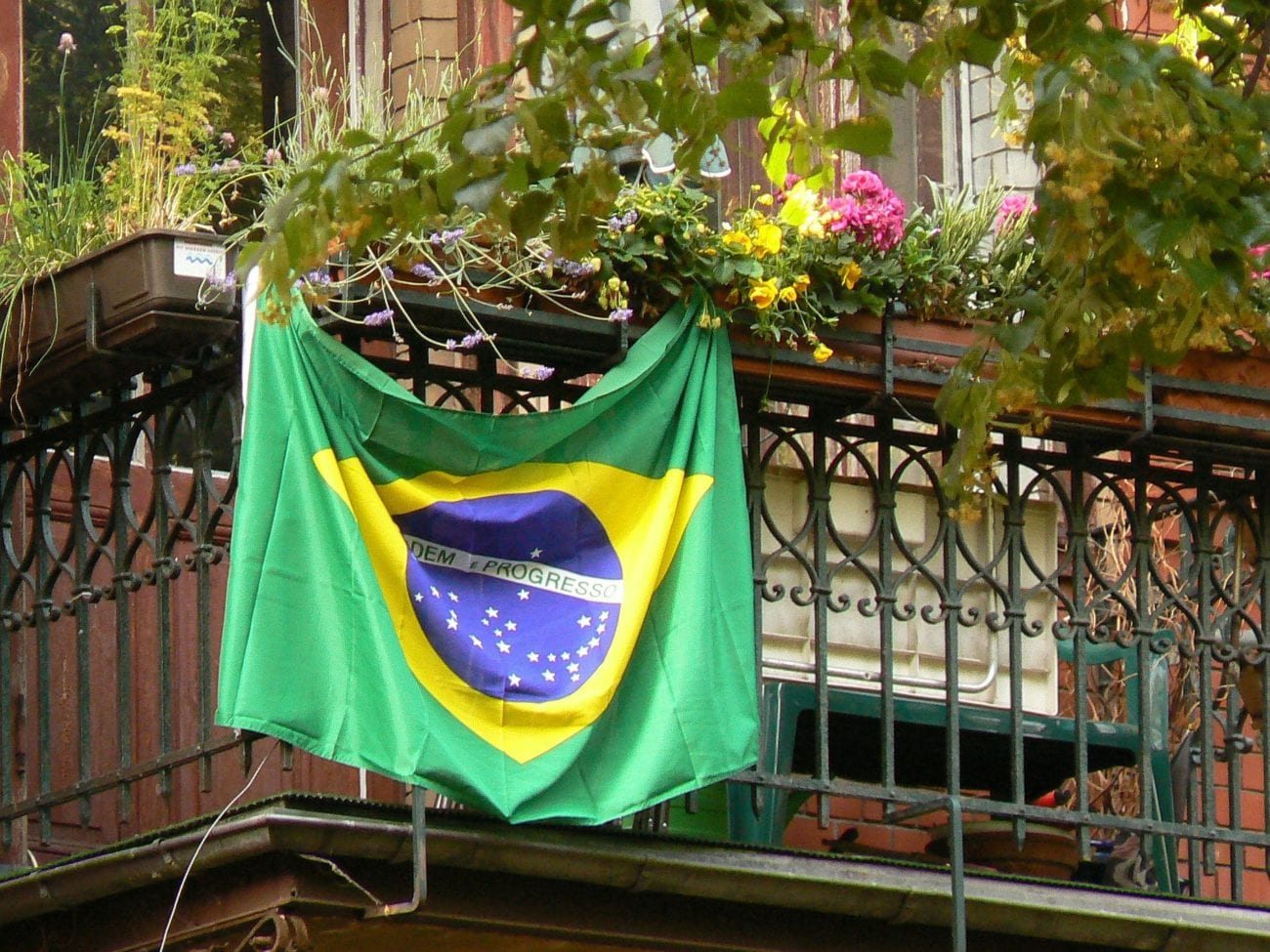Brazil set to revert to 3% turnover tax for sports betting

The Brazilian government looks set to levy a 3% turnover tax on licensed betting operators, as opposed to the reduced 1% rate put forward in a draft Presidential Decree published earlier this year.
This, according to a legal source close to the matter, is due to the 3% rate being included in Law Number 13,756/18, the bill passed in December 2018 that legalised sports betting and created a two-year window for the legislature to develop regulations.
The Presidential Decree that sets out the regulations governing sports betting cannot override the law, resulting in the tax rate reverting to the original sum, iGamingBusiness.com's legal source explained.
Operators will also be required to pay an R$3m (£546,135/€655,360/US$730,332) fee for a nine-year licence, with monthly fees differing for online and land-based channels, per the draft Presidential Decree published in September. Retail operations will incur a R$20,000 monthly charge, which rises to R$30,000 for online. However, those active in both channels receive a R$5,000 discount, and will pay R$45,000 per month.
However, it appears that an element referred to in documents as a “quarantine” clause – but to the industry as a bad actor clause – will be removed. This would have blocked any operator already active in the Brazilian market from participating in the regulated market.
Operators will still be required to sign a declaration stating they have not been involved in any illegal activity in the sports betting or lottery verticals in the country.
It also appears that the bond operators are required to provide in order to secure their licence could be increased to BRL18m. This was originally set at BRL6m, to ensure that licensees have the necessary funds to pay out winnings to players.
Operators will also be required to employ an accredited testing company to certify that their equipment, platforms and payment processing methods are all compliant with Brazilian law.
The legal source suggested that the Presidential Decree is now set to be released in January next year, most likely in the second half of the month. It will ultimately come into force six months after it is published in the country’s Official Gazette.
